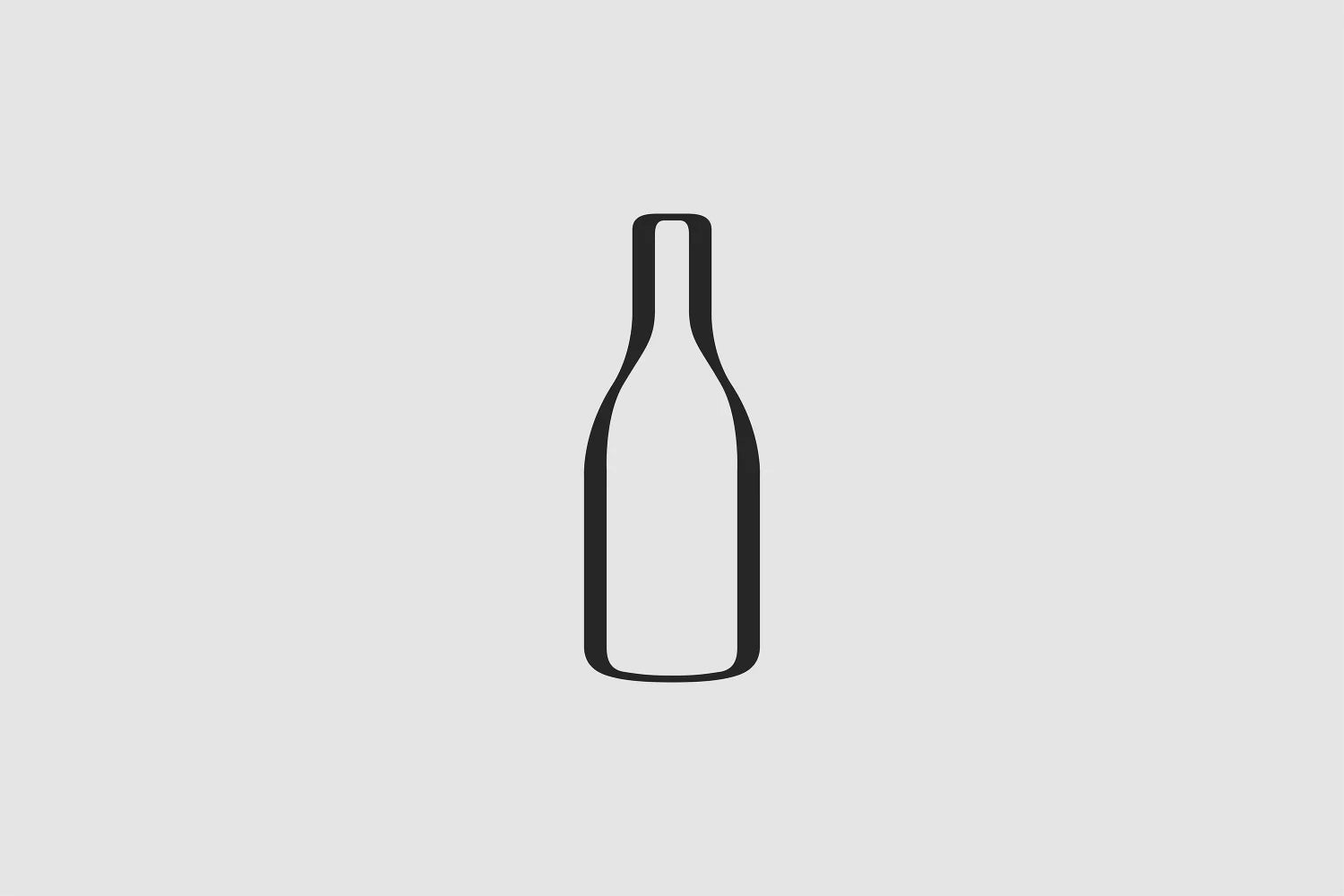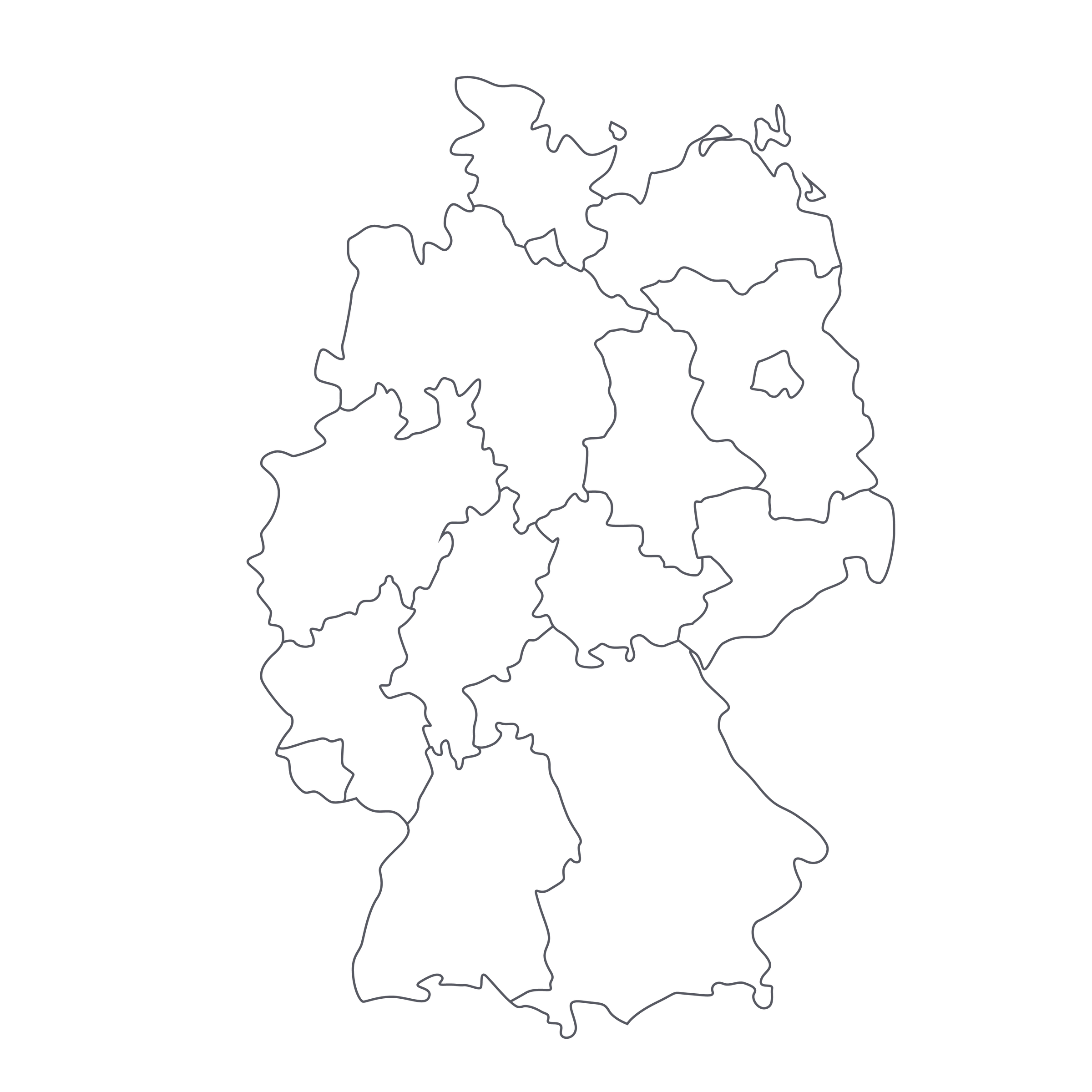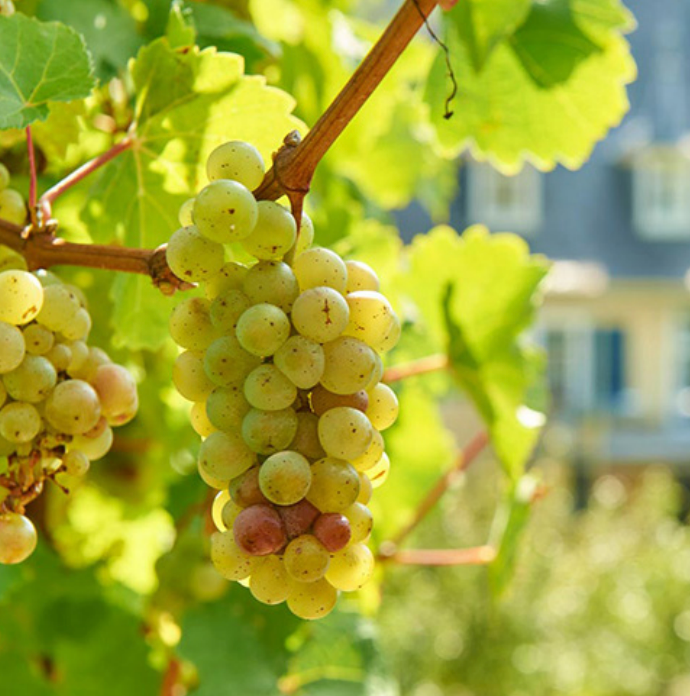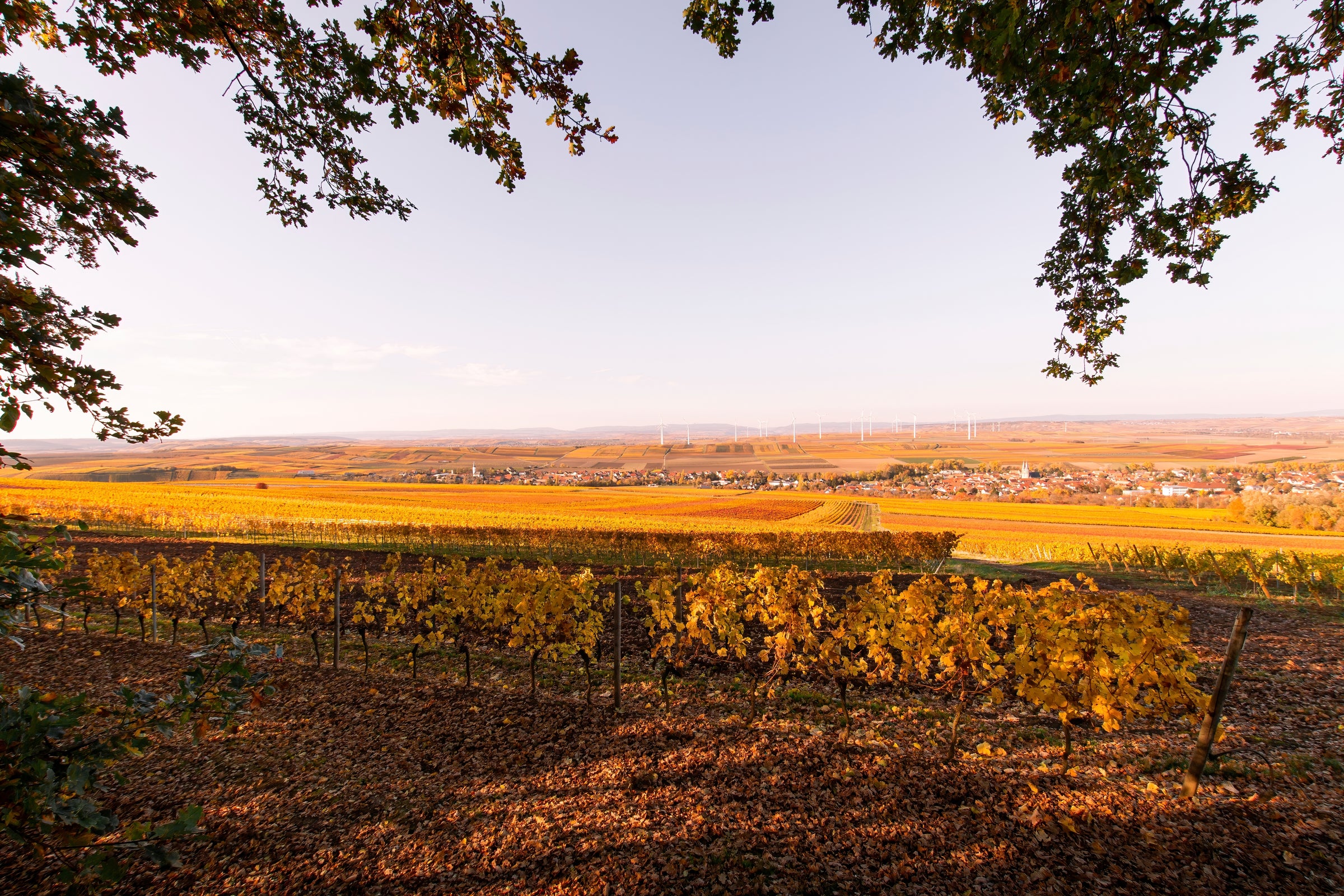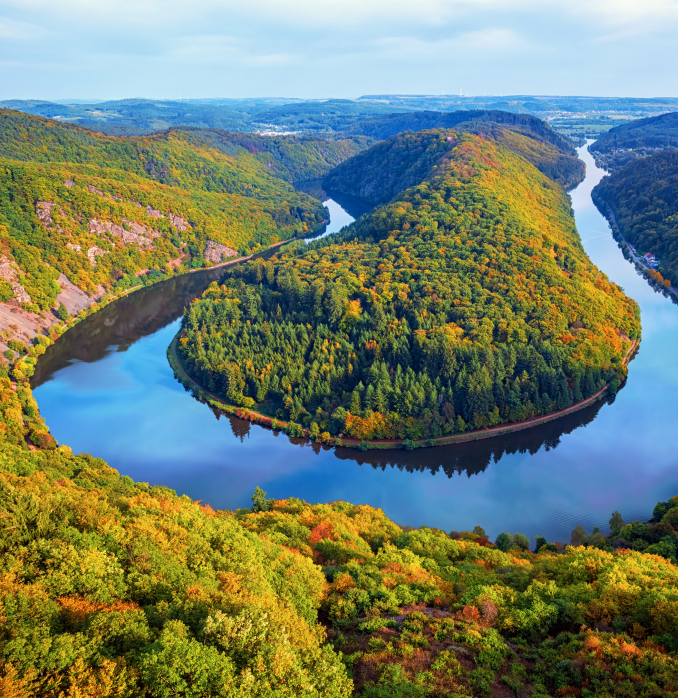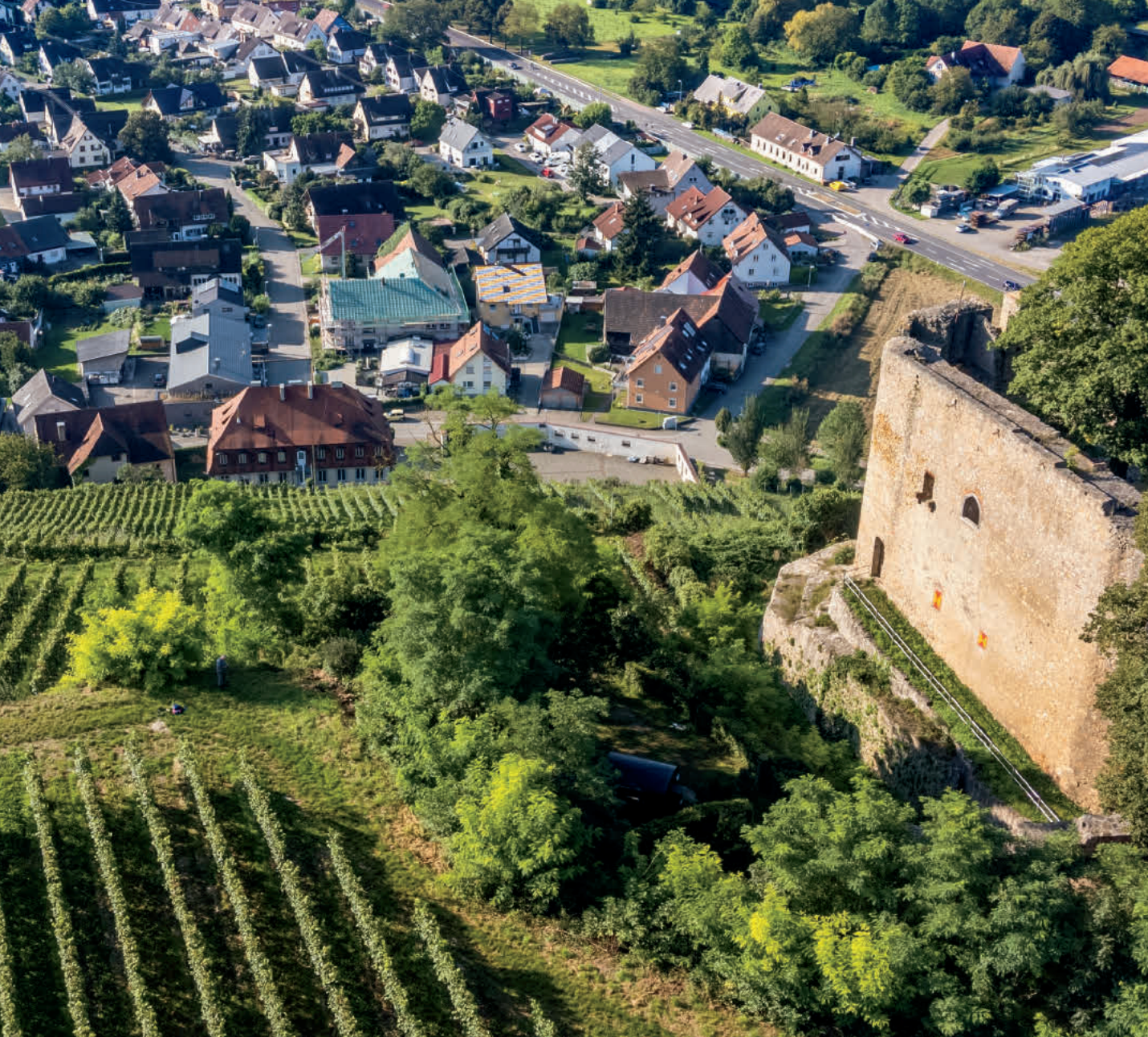Jean-Marie Bechtold is one of the most consistently thrilling contemporary Riesling masters in Alsace. Out of his entire lineup of sparklers, reds and whites, today’s Grand Cru Engelberg (dry!) Riesling is the most impressive and cellar-worthy. In my opinion, it delivers the most bang—really, an explosion—for your buck.
All of us at SommSelect racked our brains, trying to think up a similarly priced Grand Cru white that offers intensity and complexity comparable to that of today’s exquisite white. We simply couldn’t do it: This is a wine in its own class. And thanks to a legendary vineyard site, a unanimous five-star vintage, meticulous organic farming, and the expertise of a gifted and judicious winemaker, this bottle’s grandeur will only continue increasing with every passing year. For me, this is a brilliant investment and one of the high water marks for dry Alsace Riesling.
As I was reminded on a recent trip to the region, it’s common to find pieces of ancient history scattered all about Alsace—from centuries-old Germanic architecture to medieval hillside castles, but Grand Cru “Engelberg” pushes far beyond these storied epochs: This outstanding area is home to 2,000 years of perpetual viticulture that has since been mastered and dutifully respected by Domaine Bechtold. Jean-Marie farms organically with a healthy blend of biodynamic principles, and allows his wines to develop naturally, resulting in a monumental and intelligent Grand Cru Riesling built for extreme aging.
Jean-Marie is a fourth-generation winemaker who oversees 30 acres of prime Alsatian real estate surrounding his hometown of Dahlenheim, just outside Strasbourg. It is here where “Engelberg” lies—by far Bechtold’s most important holding and the town’s greatest vineyard. Jean-Marie learned his traditional ways by working alongside his father for 15 years, until assuming full control of the domaine in 1995. Twenty years on, he still tends his vineyards just like his father did—through backbreaking, manual work. Furthermore, Jean-Marie is committed to farming organically (he’s still the only one in Dahlenheim) and is currently in the process of obtaining biodynamic certification. For those curious about Bechtold’s peculiar label: It is a nod to Sebastian Grant’s 1494 publication “
Ship of Fools”—a satirical book about...well, you can surely assume the gist of it.
Grand Cru “Engelberg” is Bechtold’s showpiece and he holds an impressive amount of acreage in the cru. Grapes are carefully monitored and tended to by hand throughout the year and in the warm 2015 vintage, they ripened to perfection. His crop is always sorted and picked by hand. Practices in the winery are just as natural as his work in the vineyard: he lets nature run its course because the more a wine is manipulated, the less pure it becomes. Their importer, Neal Rosenthal, summarizes this perfectly: “Jean-Marie believes vinification and élevage must be approached as a parent raises a child: with patience, spirited attention, and understanding of particular needs.” Bechtold’s grapes undergo fermentation in stainless steel tanks—in order to retain freshness—and are then sent to age in massive neutral barrels. They remain untouched in his cellar until bottling.
In the glass Jean-Marie’s 2015 Engelberg shimmers a deep, vibrant yellow with slight green reflections throughout. The nose is beautifully aromatic, as the greatest dry Rieslings usually are. You’ll discover rich notes of yellow apple, white flowers, ripe melon, candied lime peel, quince, salt preserved lemon, citrus blossoms, crushed rocks, and hints of petrol. The palate is nearing full-bodied with a seductive and silky mouthfeel. It’s incredibly dense, with rushes of plump yellow fruits, exotic flowers, and electric minerality. “Engelberg” is always Jean-Marie’s boldest, driest, and most complex Riesling—it is styled to rest in your cellar and will keep as long as you allow it. This will still have a healthy heartbeat on its 10th, even 20th birthday. If consuming now, decant for a minimum of one hour and serve in Riesling stems around 55 degrees. Try and save some for day two and three to get a glimpse of what its evolution will be like in the coming years. For one of those ‘perfect match’ pairings, whip up pork and lemongrass meatballs wrapped in a bulbous lettuce cup and don’t try concealing the geeky smirk that is bound to spring across your face. Cheers!
